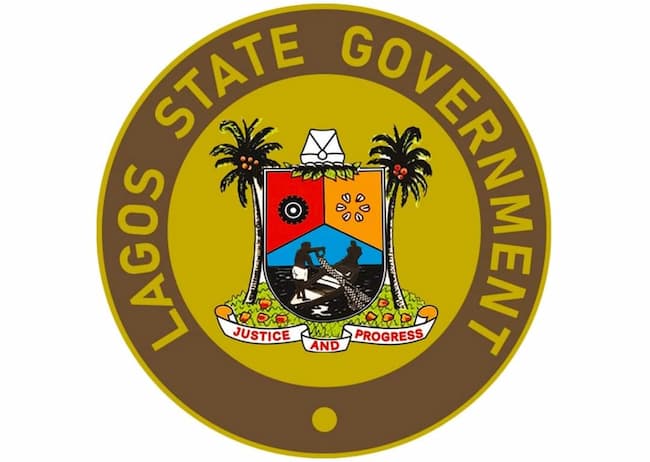The Lagos State’s Ministry of Health has unveiled a set of policies on safe termination of pregnancy.
Lagos State unveiled a 40-page policy document sets out guidelines for safe termination of pregnancy within the ambit of the criminal law of the state, titled “Lagos State Guidelines on Safe Termination of Pregnancy for Legal Indications.”
The document was presented and launched by the Permanent Secretary of the health ministry, Dr Olusegun Ogboye during a stakeholders’ meeting in Lagos State.
Ogboye explained that the policy document was produced following the need to provide evidence-based data and information for health workers in public and private sectors who have the requisite skills and training necessary to provide safe terminations to reduce preventable deaths.
“In 2011, the Lagos State House of Assembly updated the criminal code, providing for abortion to save the life and protect the physical health of the woman,” he said. “While physical health is covered under the Lagos legal framework, services conforming to the law have not been available in Lagos State health sector.
“This document provides information on relevant laws applicable in Lagos State while providing standards and best practices with regards to legal indications, pre and post-procedure care, methods, and monitoring. I must state here that this document has undergone wide consultation with relevant technical stakeholders within the legal and health service context in the state.”
The process to develop the guidelines began in 2018 with the Safe Engage project led by the ministry and hosted by the Society for Obstetricians and Gynaecologists of Nigeria (SOGON), with support from the Population Reference Bureau (PRB).
The stakeholders in the health sector worked with key opinion leaders in Lagos and the south-west region to develop a tailored advocacy tool for terminations within the legal context.
The permanent secretary pointed out that the advocacy messages on the Safe Engage project focused on two immediate outcomes, including ensuring that safe abortion services were available within legal indications in Lagos and domesticating the Violence Against Persons Prohibition Act, supporting women to terminate a pregnancy caused by rape or incest.
“To guide the implementation, one of the follow-up recommendations of the project was the adaptation of the National Standards and Guidelines for Safe Termination of Pregnancy within Legal Indications within the Lagos State context,” he said.
“The Federal Ministry of Health had developed and disseminated the national guidelines on safe termination of pregnancy which highlights the compendium of conditions and circumstances under which termination of pregnancy could be instituted.
“The guideline was intended to build the capacity of health professionals to identify pregnancies for which legal termination could be instituted.”













